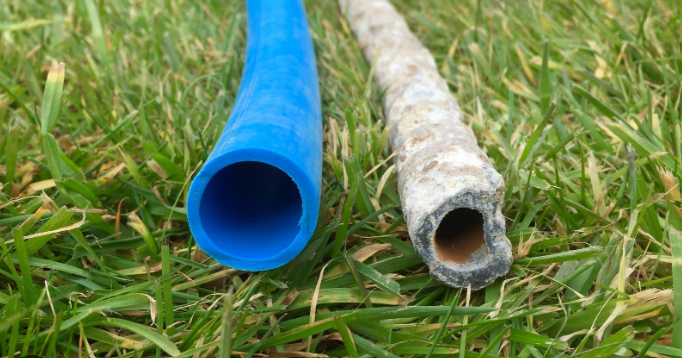
Access to clean and reliable water is essential for the well-being and sustainability of communities worldwide. However, ageing infrastructure, population growth, and environmental challenges have led to an increasing need for water supply replacement projects.
The Need for Water Supply Replacement
Ageing Infrastructure:
Many cities and towns rely on water supply systems that were constructed decades ago. These ageing pipelines and facilities are more prone to leaks, breaks, and inefficiencies, leading to water losses and potential contamination.
Population Growth
As urban populations continue to grow, the demand for clean water increases. Existing water supply systems may struggle to meet these rising demands, leading to water shortages and compromised water quality.
Environmental Factors
Climate change, prolonged droughts, and natural disasters can disrupt water sources and infrastructure, making it crucial to replace or upgrade existing systems to ensure resilience in the face of such challenges.
Challenges in Water Supply Replacement
Cost: Replacing or upgrading water supply infrastructure is a substantial financial commitment. Funding can be a significant hurdle for many communities, especially those with limited resources.
Disruption: Water supply replacement projects can cause temporary disruptions to water services. Managing these disruptions while ensuring continued access to clean water for residents is a logistical challenge.
Environmental Impact: Construction and replacement activities can have environmental consequences, such as soil erosion and habitat disruption. Mitigating these impacts is essential for sustainable projects.
Strategies for Effective Water Supply Replacement
Comprehensive Planning: A well-thought-out plan is crucial to the success of any water supply replacement project. This plan should consider current and future water demands, environmental impacts, and cost-effectiveness.
Funding Solutions: Communities can explore various funding options, such as grants, loans, and public-private partnerships, to finance water supply replacement projects.
Sustainable Design: Incorporating sustainable practices in the design of water supply systems can minimise environmental impact. This may include using eco-friendly construction materials, implementing water-saving technologies, and restoring affected ecosystems.
Maintenance and Monitoring: Regular maintenance and monitoring of the new water supply system are essential to ensure its longevity and reliability. Proactive measures can prevent future issues and extend the system’s lifespan.
Water supply replacement is a critical undertaking to ensure access to clean and reliable water for current and future generations. While it presents challenges such as cost, disruption, and environmental impact, careful planning, sustainable design, and community engagement can help overcome these obstacles. With the right strategies in place, water supply replacement projects can provide communities with resilient and sustainable water systems, safeguarding a precious resource for years to come.
Contact DASA today
If you are experiencing issues with your water supply, do not leave it to worsen. No matter if your water supply issue is an emergency situation or a routine check, DASA is here to help. Get in touch with one of our dedicated experts today who are always happy to help and advise the best solution for your problem. Contact us today on our contact form or give us a call on 0800 142 2783.